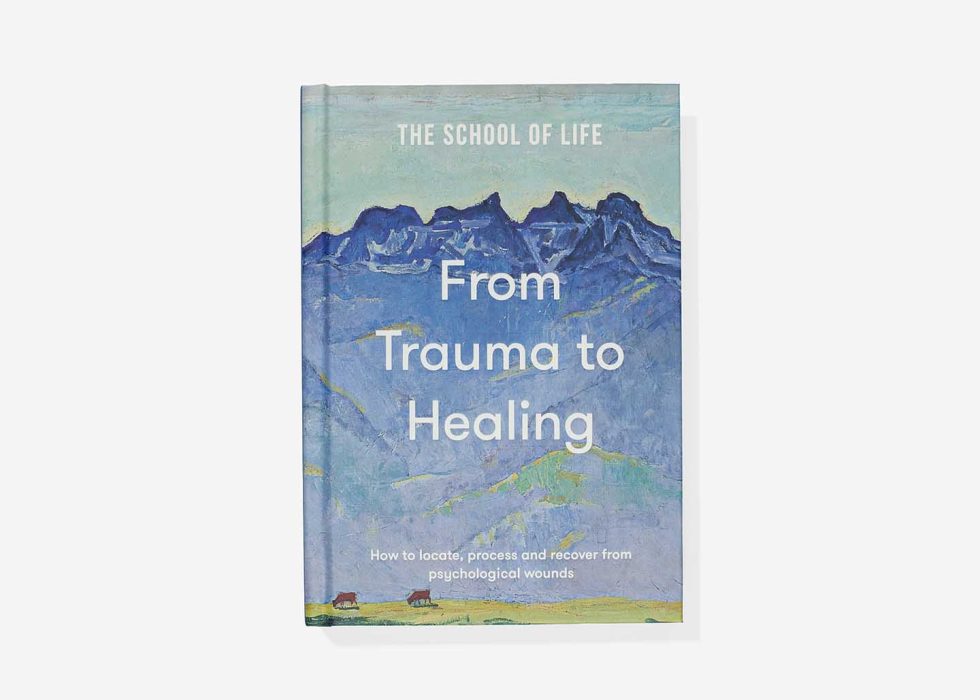Self-Knowledge • Growth & Maturity
The Point of Writing Letters We Never Send
A general principle of mental health is that the less we are able to express, the more unwell we get it. It’s when we have to stifle our rage, sadness or fear that we start to develop secondary symptoms (sleeplessness, paranoia, bitterness, poor digestion); just as our spirits can lighten, and our horizons expand, once we can find a way to lend outward form to our pains.
However, the problem is often one of occasions. We may in theory be ready to say and feel all sorts of things, but our outward circumstances may be highly unconducive to free expression. Perhaps the person we’d like to say something to is dead; or they may — just as grievously — be distracted, fragile or frightening.
We then make the error of imagining that there can be no point in speaking…and, on this basis, stifle our emotions to our increasing cost. But this is to miss out on an unexpected quirk of our psyches. What may matter most in many situations is not, as we might think, that the person we need to speak to is actually able to hear what we have to say; but rather that we have a proper, in-depth chance to say it any way. There can be as much benefit in shouting our feelings to a deserted beach, a large pillow or an empty chair as there would be in having a lengthy dialogue with an intimidating parent or an obtuse lover.
The best technique in this tradition may be to write a letter that we never send: either because the person in question is no longer alive, or because we have no expectation that what we write could remotely be understood.

The discipline of writing a long letter has the effect of galvanising our hitherto confused and disparate emotions whilst forcing our intelligence to lay out our story in a systematic and emotionally logical way. As we write, we turn what might have been an inchoate sob into something intelligible, plausible, compassion-inducing and moving. We go from ‘I hate you so much…’ or ‘Why why why must you always…’ to a full recap of how we felt, why we suffered and what the legacy of our injury has been. We can be the grown up lawyer making a case in a courtroom of adults on behalf of a frightened or muddled child.
We can take our absent reader into the details of a story that they refused to see existed and may have done their best to silence. We are giving ourselves an opportunity to feel legitimate in our own eyes. We realise that the real audience we needed all along was ourselves.
We suffer unnecessarily when we think that the only form of catharsis is one that can unfold in the physical presence of a person who damaged us. Our freedom is — fortunately — far greater than this, because the real sceptic we need to win over and explain our full story too is chiefly and crucially always ourselves.



























